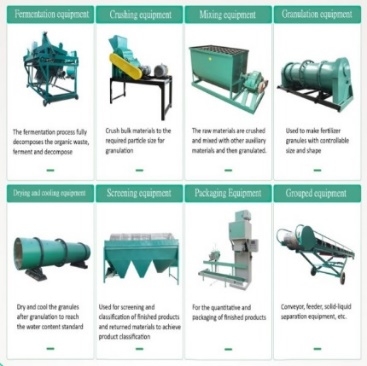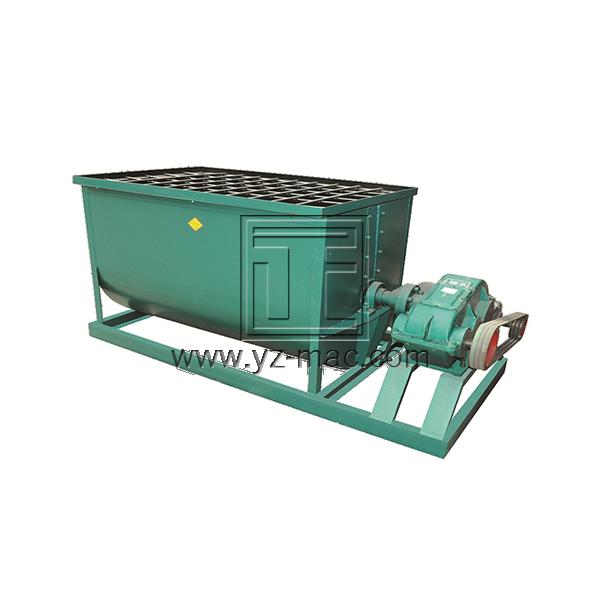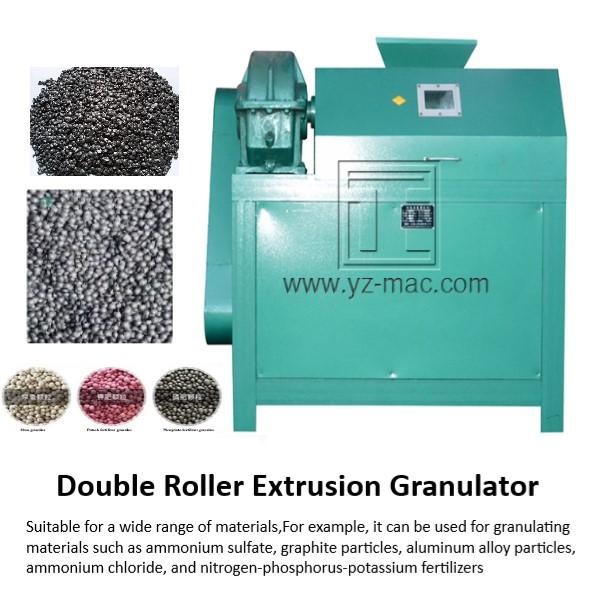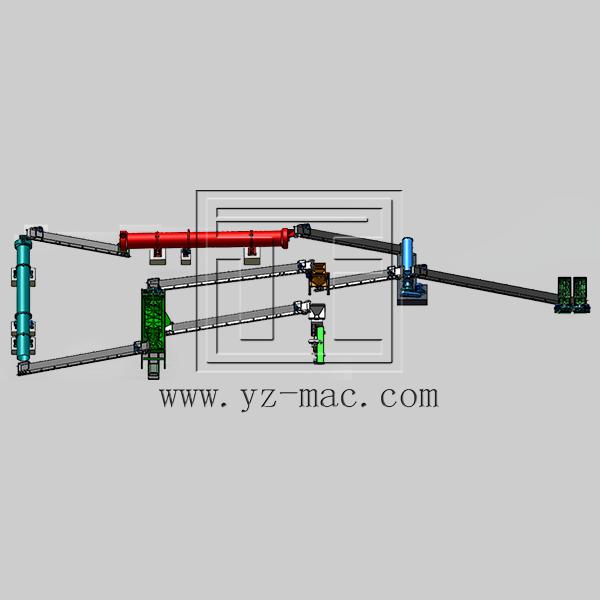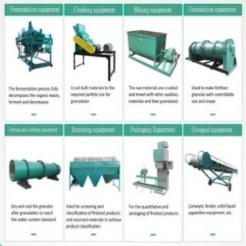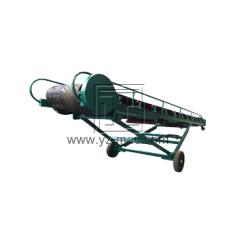Fertilizer production machine
A fertilizer production machine, also known as a fertilizer manufacturing machine or fertilizer production line, is a specialized equipment designed to efficiently convert raw materials into high-quality fertilizers. These machines play a crucial role in the agricultural industry by providing a means to produce customized fertilizers that promote optimal plant growth and maximize crop yields.
Importance of Fertilizer Production Machines:
Fertilizers are essential for supplying plants with the necessary nutrients they need for healthy growth. Fertilizer production machines play a vital role in ensuring a consistent supply of high-quality fertilizers by processing raw materials into nutrient-rich formulations. These machines help meet the specific nutrient requirements of different crops, soil conditions, and farming practices, enabling farmers to maximize productivity and optimize resource utilization.
Types of Fertilizer Production Machines:
Fertilizer Blenders:
Fertilizer blenders are used to mix different fertilizer components or raw materials to create custom fertilizer blends. These machines ensure the uniform distribution of nutrients, allowing for precise control of nutrient ratios in the final fertilizer product. Fertilizer blenders are commonly used in both small-scale and large-scale fertilizer production.
Granulation Machines:
Granulation machines convert raw materials into granular fertilizer particles. These machines compress and shape the fertilizer materials, creating uniform and consistent granules that are easier to handle, store, and apply. Granulation machines improve the nutrient release characteristics and reduce nutrient losses, enhancing the effectiveness of the fertilizer.
Coating Machines:
Coating machines are used to apply a protective coating onto fertilizer granules. The coating can provide controlled-release properties, protecting the nutrients from leaching and ensuring a gradual nutrient release to the plants over an extended period. Coated fertilizers enhance nutrient efficiency and reduce the frequency of fertilizer applications.
Packaging Machines:
Packaging machines are employed to package the finished fertilizers into bags, sacks, or other containers for convenient storage, transportation, and distribution. These machines automate the packaging process, ensuring accurate weighing, sealing, and labeling of the fertilizer products.
Applications of Fertilizer Production Machines:
Agriculture and Crop Production:
Fertilizer production machines are extensively used in agriculture to meet the nutrient requirements of various crops. Custom fertilizer blends can be tailored to specific crop types, growth stages, and soil conditions, promoting optimal nutrient uptake and maximizing crop yields. These machines enable farmers to address nutrient deficiencies, enhance soil fertility, and improve overall agricultural productivity.
Horticulture and Greenhouse Cultivation:
Fertilizer production machines find applications in horticultural practices, including greenhouse cultivation and nursery operations. The ability to create customized fertilizer formulations ensures the precise delivery of nutrients for specific plant varieties and growth requirements. This promotes healthy plant growth, improves flower or fruit production, and enhances the quality of horticultural products.
Organic Fertilizer Production:
Fertilizer production machines are instrumental in the production of organic fertilizers, which utilize natural materials and processes to enrich the soil. These machines help convert organic waste materials, such as compost, animal manure, or crop residues, into nutrient-rich fertilizers, promoting sustainable farming practices and reducing environmental impacts.
Specialty Fertilizer Manufacturing:
Fertilizer production machines enable the production of specialty fertilizers tailored to specific crops, soil conditions, or agricultural practices. These specialty fertilizers may contain additional micronutrients, beneficial microorganisms, or biostimulants to address specific nutritional needs and improve plant health and resilience.
Fertilizer production machines play a vital role in ensuring a consistent supply of high-quality fertilizers that meet the specific nutrient requirements of crops. These machines enable the production of customized fertilizer blends, granules, and coated formulations, enhancing nutrient efficiency, improving crop yields, and supporting sustainable agricultural practices.


